The 24 Most Ruthless Leaders in human history
Categories: History
By Pictolic https://pictolic.com/article/the-24-most-ruthless-leaders-in-human-history1.html"One man's hero is another man's villain!" says a well-known aphorism. No matter how much someone emphasizes the effectiveness and merits of certain political programs, the soulless methods by which some leaders tried to achieve their goals have no justification. After all, from whatever point of view you look, but, for example, the construction of a tower of living people, held together with bricks and mortar, is an extremely cruel action.
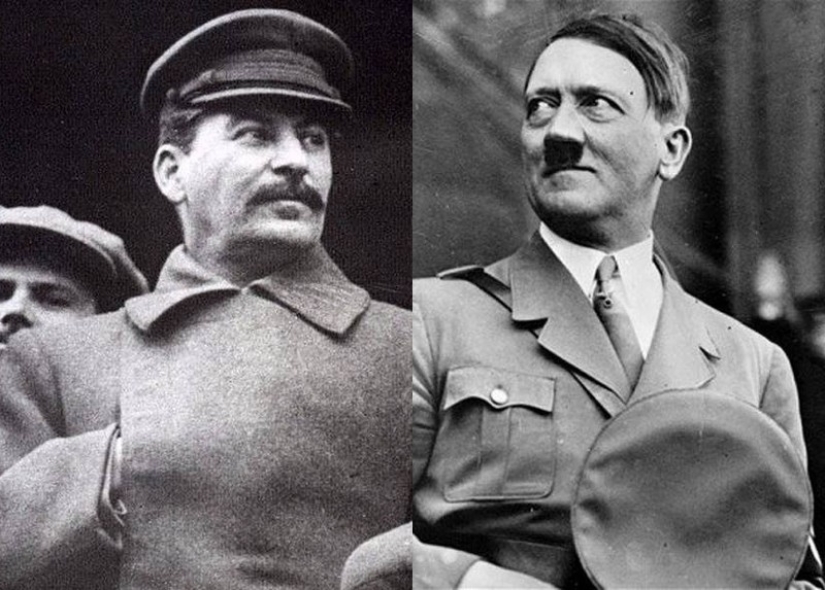
Business Insider has compiled a list of the most ruthless leaders of all time who used ruthless tactics to achieve their political and military goals.
Note: The politicians on this list (which includes only deceased leaders) ruled until 1980. All of them are arranged in chronological order.
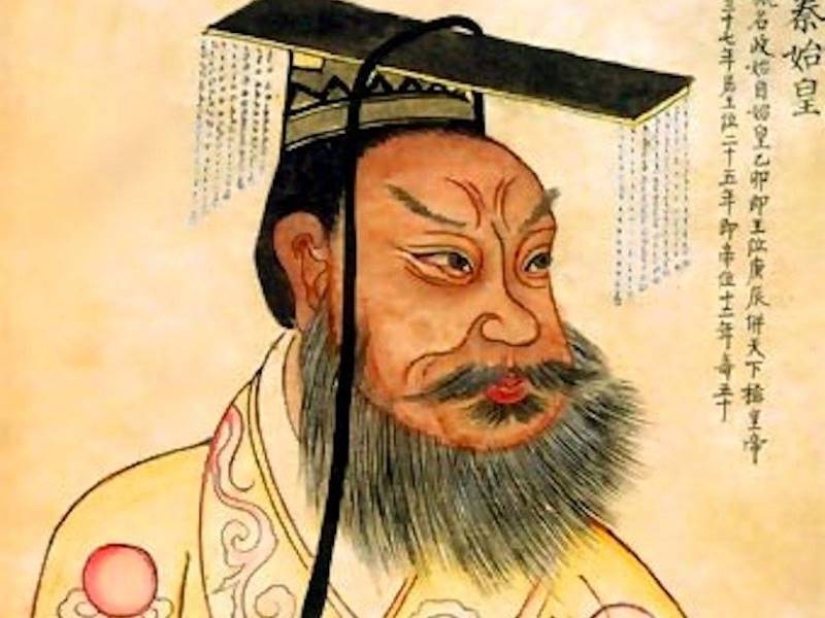
1. Qin Shi Huang
Qin, also called Qin Shi Huang, united China in 221. and ruled as the first emperor of the Qin Dynasty. He was known for the contract killings of scientists whose ideas he did not agree with, and the burning of "critical" books.
During his reign, the construction of the Great Wall and a huge mausoleum containing more than 6 thousand life-size terracotta warriors was started. A huge number of people driven to the construction of the wall died, and those who worked on the construction of the mausoleum were killed in order to preserve the secret of the tomb.
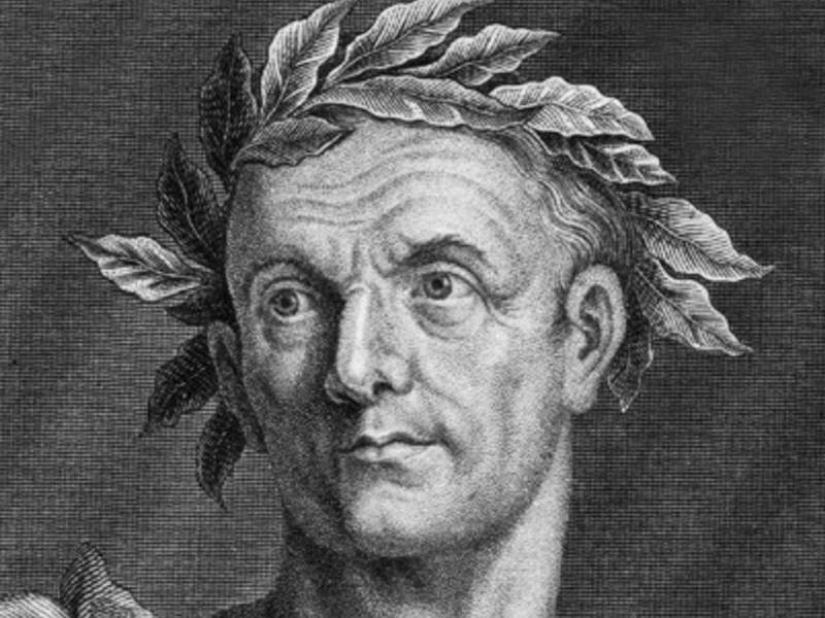
2. Gaius Julius Caesar Augustus Germanicus (Caligula)
Caligula was incredibly popular because he first freed the unjustly imprisoned citizens and refused to levy a strict sales tax. But then he got sick and radically changed his behavior.
He eliminated political rivals (forcing their parents to watch the executions) and declared himself a living god. According to historians, Caligula entered into intimate relations with his sisters and sold their services to other men, raped and killed people, and even appointed his horse a priest.
Eventually, he was attacked by a group of conspirators, inflicting more than 30 daggers.
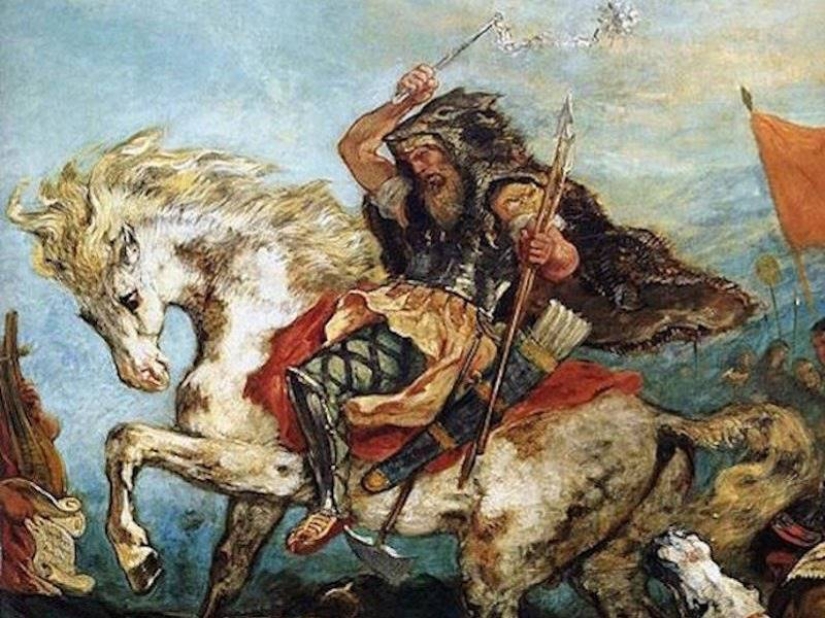
3. Attila
After the murder of his brother, Attila became the leader of the Hunnic Empire centered in modern Hungary and eventually proved to be one of the most dangerous opponents of the Roman Empire.
He expanded the empire of the Huns into the territory of modern Germany, Russia, Ukraine and the Balkans. He also invaded Gaul with the intention of conquering it, but was defeated in the battle of the Catalaunian fields.
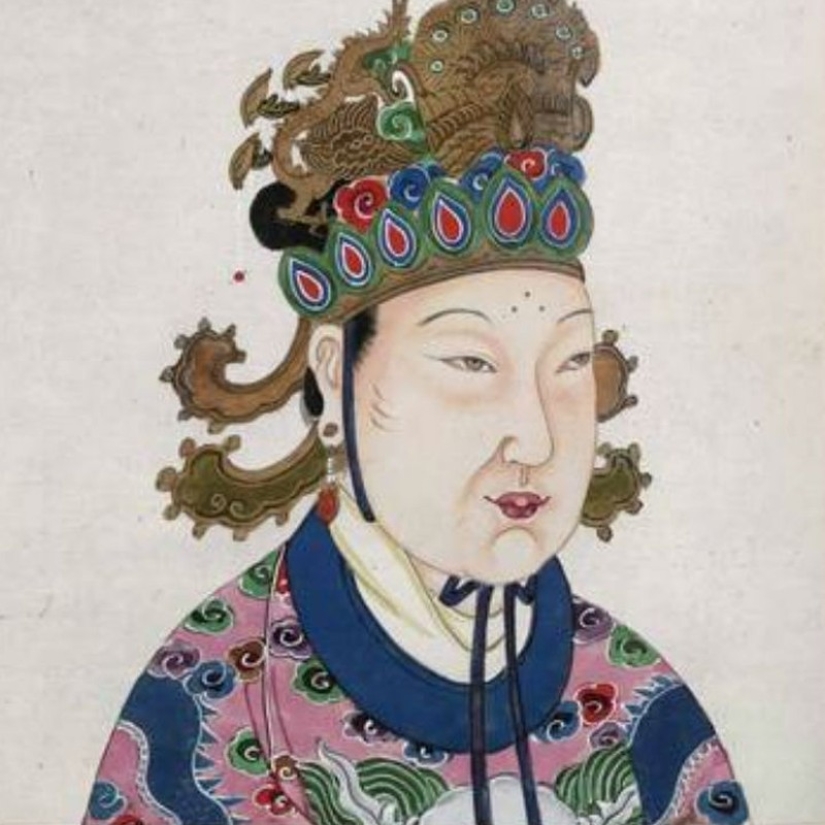
4. Wu Zetian
Wu Zetian went from a 14-year-old junior concubine to the Empress of China. She ruthlessly eliminated her opponents by exiling or executing them-even if it was her own family.
The Chinese Empire expanded significantly during Wu's reign, and although she was a brutal tactician, her resolute character and talent for ruling were highly appreciated by historians. It is noteworthy that the military leaders selected by Wu took control of large parts of the Korean peninsula.
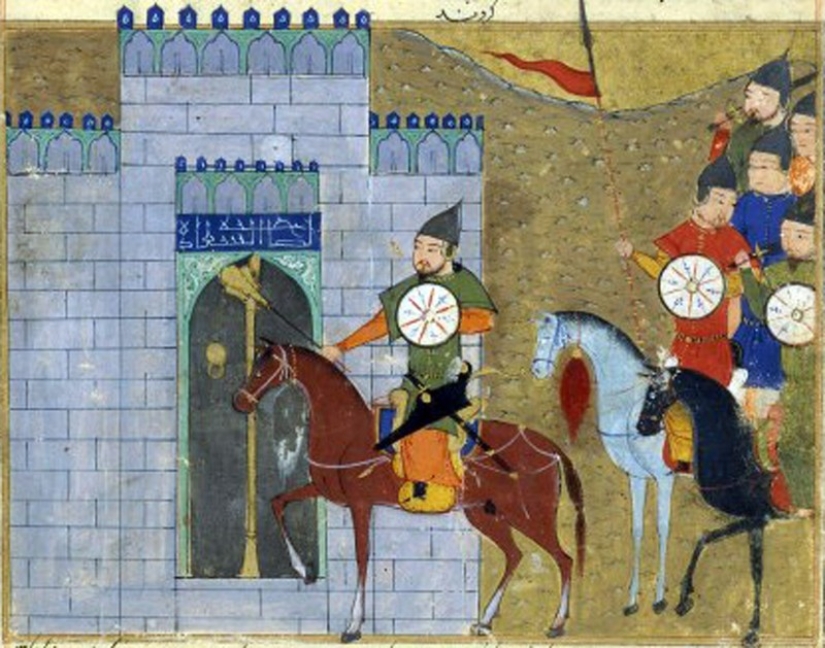
5. Genghis Khan
When Genghis Khan was 9 years old, his father was poisoned. As a teenager, he lived in utter poverty before he united the Mongol tribes and set out to conquer a huge part of Central Asia and China.
His style of government is characterized as extremely violent. Historians note that he killed civilians en masse. One of the most famous examples is the murder of aristocrats of the Khorezmshah state.
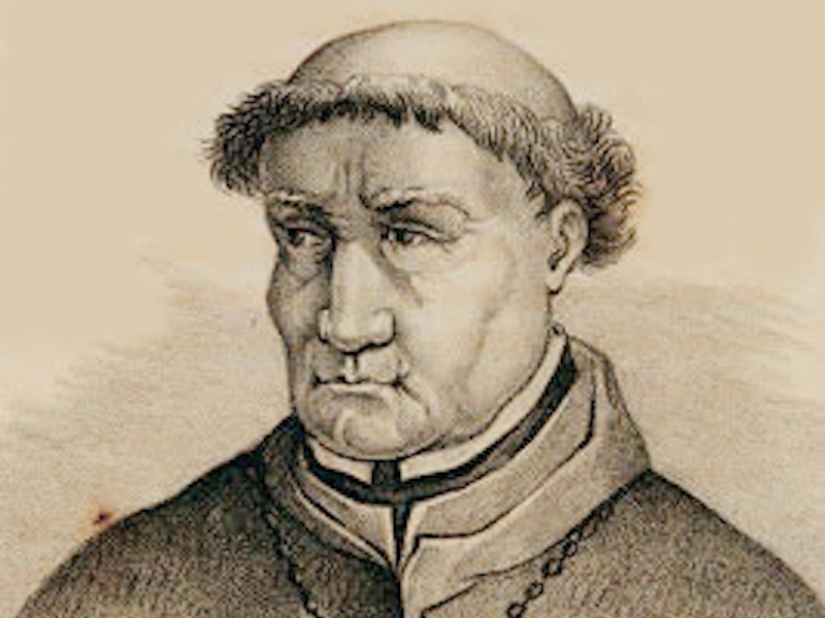
6. Thomas Torquemada
Torquemada was appointed Grand Inquisitor during the Spanish Inquisition. He set up tribunals in several cities, put together 28 articles as a guide for other inquisitors, and allowed torture to extract confessions.
He reportedly called on King Ferdinand and Queen Isabella to give Spanish Jews a choice between exile and baptism, resulting in many Jews leaving the country. Historians believe that Torquemada was responsible for the deaths of about 2,000 people burned at the stake.
Interestingly, according to some sources, Torquemada himself came from a family of Jewish converts.
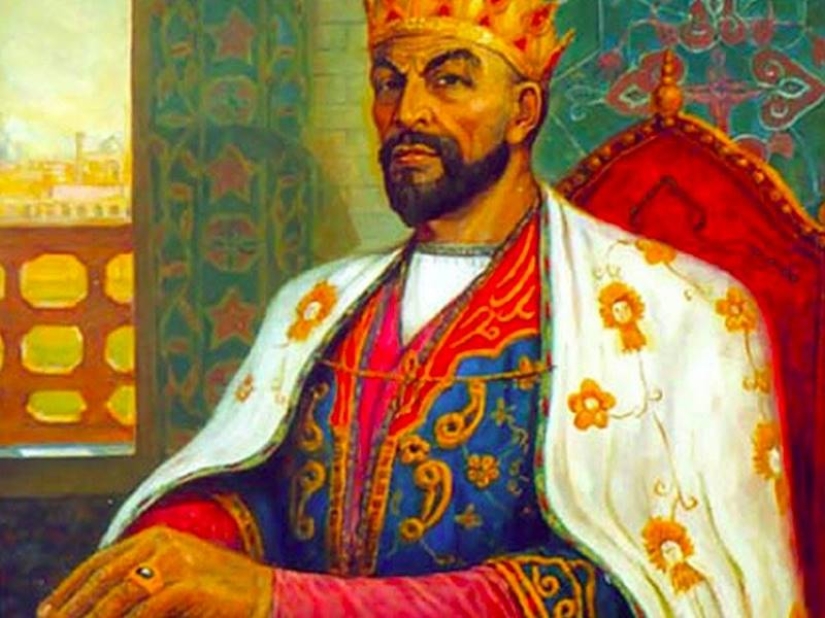
7. Timur (Tamerlane)
At the head of military campaigns, Timur passed through most of Western Asia, including through the territories of modern Iran, Iraq, Turkey and Syria, and founded the Timurid Empire.
In modern Afghanistan, Timur ordered to build a tower of living men and fasten them together with bricks and mortar.
He also once organized a massacre to punish the rebels, after which high minarets were built out of 70 thousand heads.
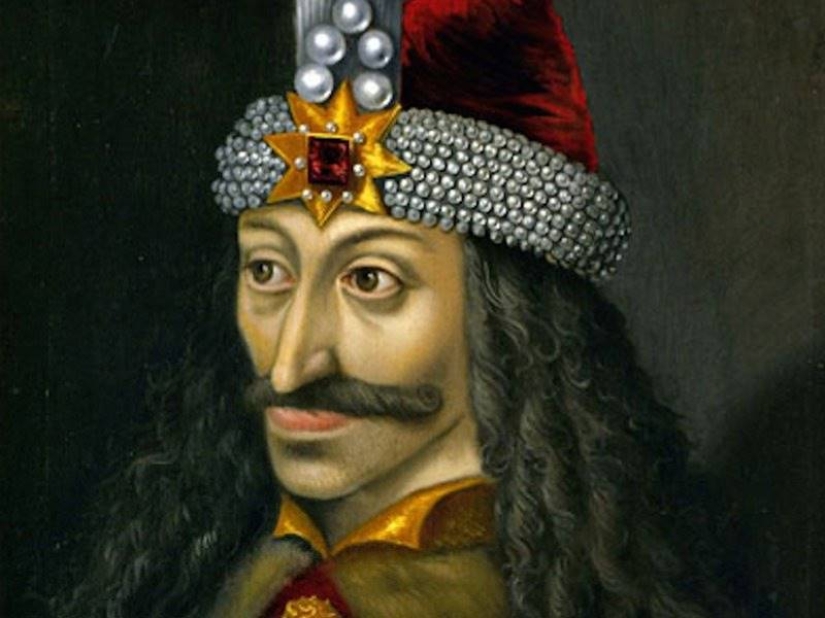
8. Vlad III, Prince of Wallachia Vlad (Dracula or Vlad the Impaler)
When Vlad III finally became the ruler of the principality of Wallachia, complete anarchy reigned in his possessions because of the warring boyars. According to the stories, Vlad invited all his rivals to a feast, where he killed them with a knife, piercing them through.
Although it is difficult to know now whether this story is true, it characterizes Vlad's reign: he tried to bring stability and order to Wallachia through extremely ruthless methods.
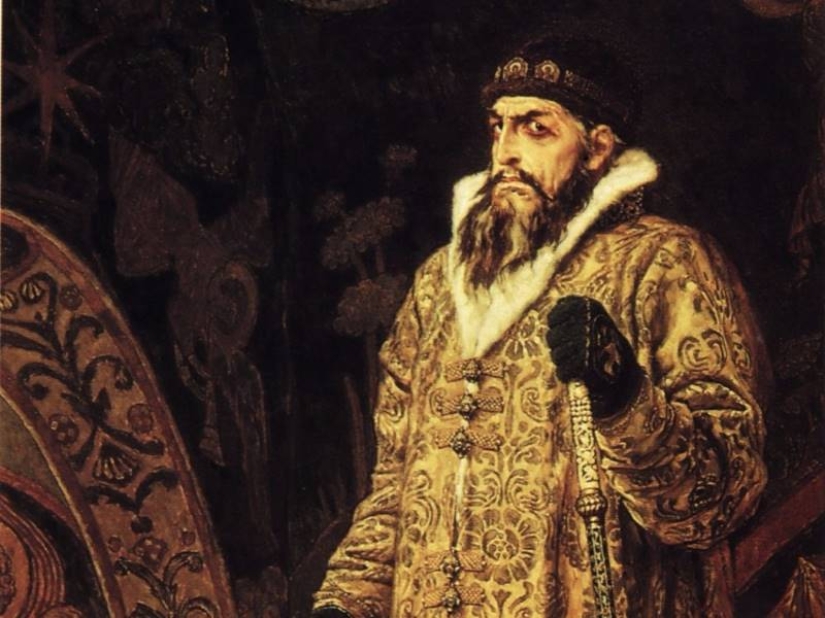
9. Tsar Ivan IV (Ivan the Terrible)
Ivan IV began his reign by reorganizing the central government and limiting the power of hereditary aristocrats (princes and boyars).
After the death of his first wife, Ivan began "terror", eliminating the main boyar births. He also beat his pregnant daughter and killed his son in a fit of anger.
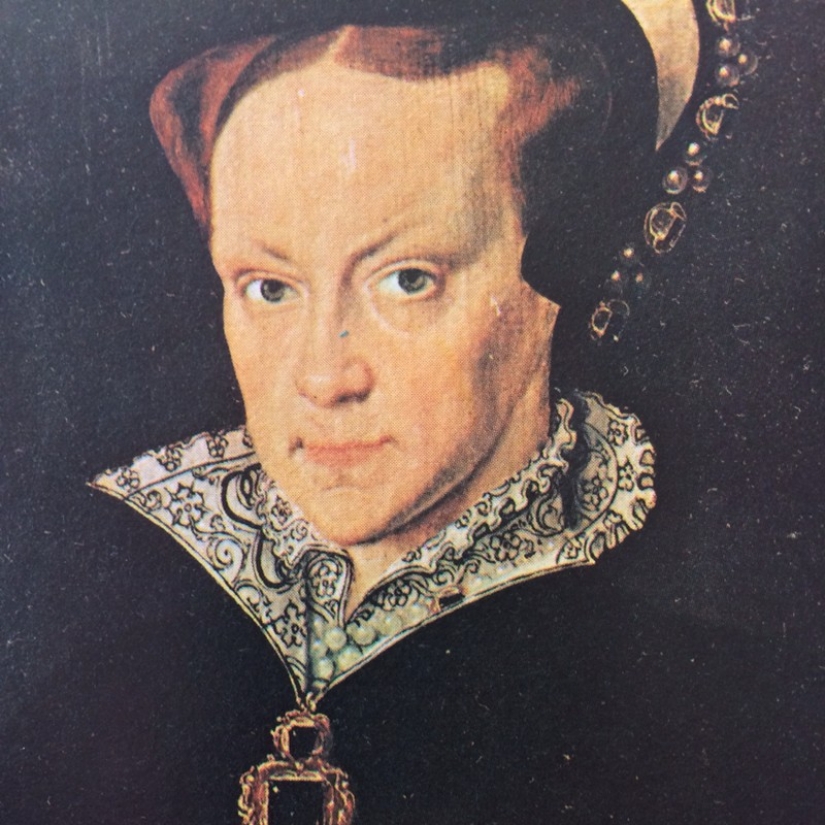
10. Queen Mary I (Bloody Mary)
The only child of the notorious King Henry VIII and Catherine of Aragon, Mary I became Queen of England in 1553. She began the restoration of Catholicism (after previous rulers who defended Protestantism) as the main religion and married Philip II of Spain is Catholic.
During several years of her reign, hundreds of Protestants were burned at the stake, which is why she received the nickname Bloody Mary.
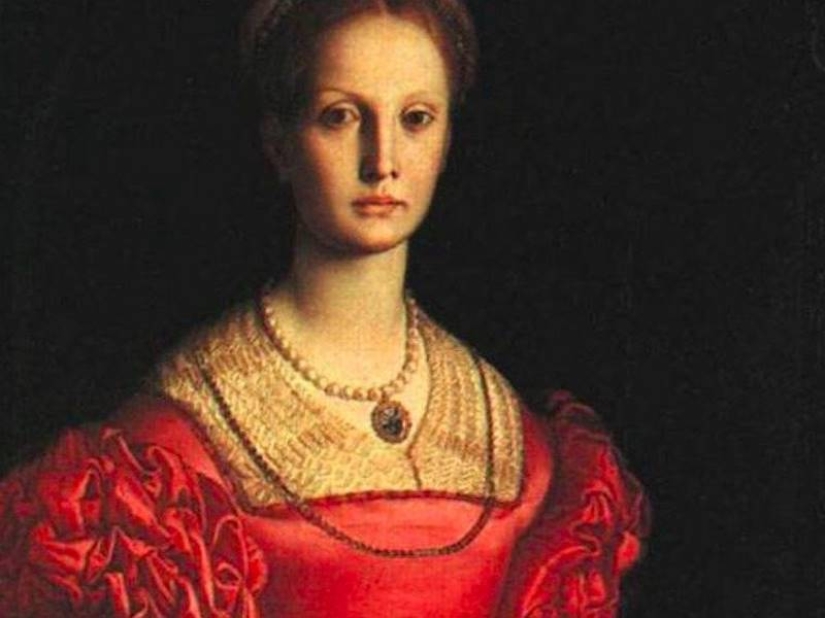
11. Countess Elizabeth Bathory from Echeda (The Bloody Countess)
The countess lured young peasant women to her castle, promising them work as maids, and then brutally tortured them to death. According to one version, she tortured and killed about 600 girls, although the actual number is likely to be much lower.
Her methods of torture included driving needles under her nails, smearing the girls with honey and releasing bees on them, as well as biting off pieces of flesh. According to legend, she bathed in the blood of virgins to stay young and beautiful.
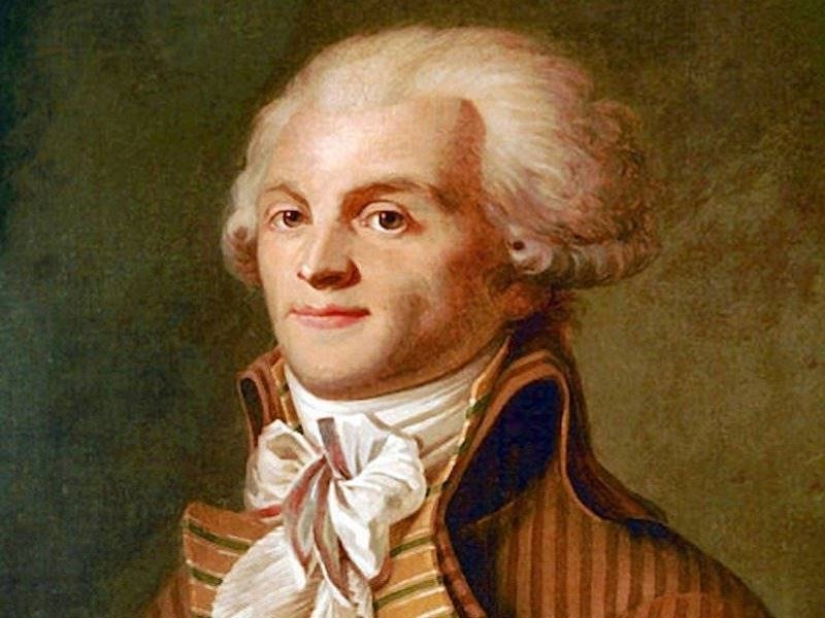
12. Maximilian Robespierre
As one of the many influential figures involved in the French Revolution, Robespierre became one of the dominant players during the "Great Terror" — a period of extreme violence when the "enemies of the revolution" were guillotined. He claimed that terror was an "emanation of virtue."
According to historical sources, Robespierre was soon executed by guillotine himself.
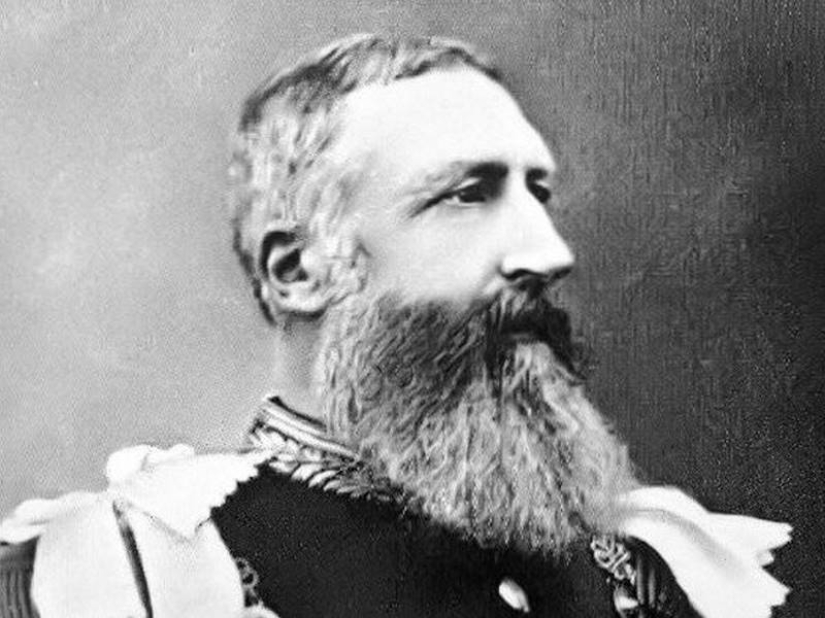
13. King Leopold II of Belgium
King Leopold II "founded" the Congo Free State as "his" private colony and made a huge fortune by turning Congolese into slaves mining ivory and rubber.
Millions of people suffered from hunger, the birth rate decreased significantly, as men and women were separated from each other, tens of thousands were shot during the failed uprisings. Demographers have estimated that from 1880 to 1920, the population of this personal colony of the king decreased by 50%.
This system of forced labor was later copied by French, German and Portuguese officials.
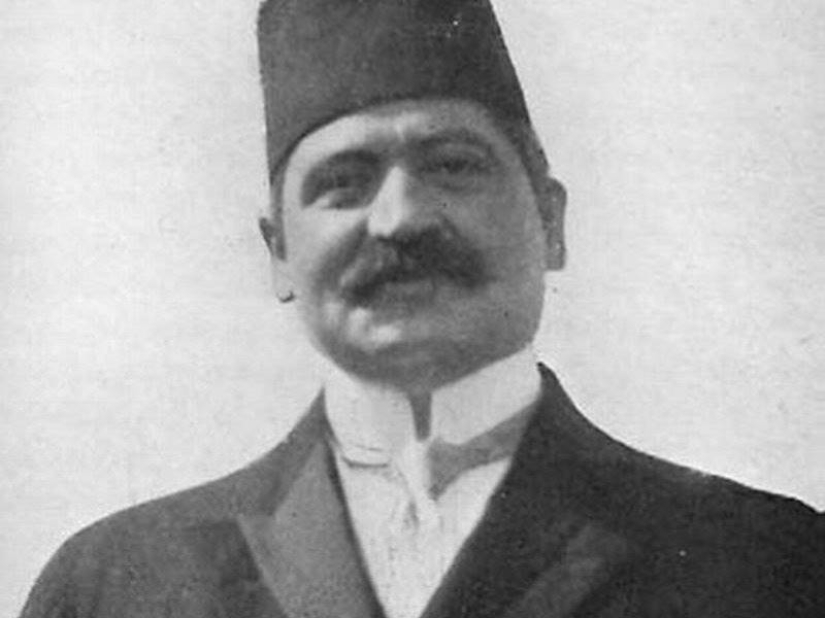
14. Mehmed Talaat Pasha
Historians believe that Talaat Pasha was a leading figure in the Armenian Genocide. As Interior Minister, he is reportedly responsible for the deportation and eventual death of 600,000 Armenians.
He was murdered in Berlin in 1921 by an Armenian. It should be noted that in 1943 Adolf Hitler sent his body back to Istanbul, hoping to persuade Turkey to join the Axis powers in World War II.
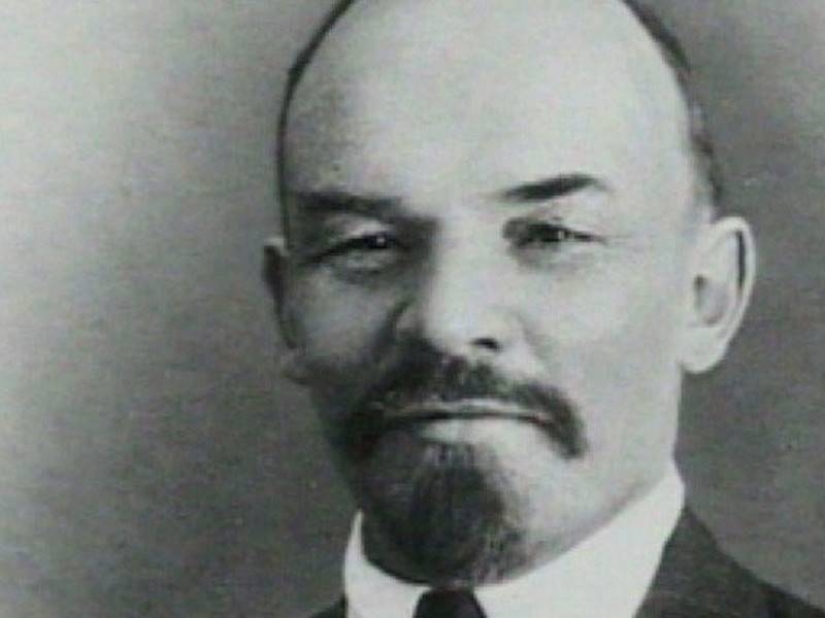
15. Vladimir Lenin
In 1917, Lenin led the October Revolution that overthrew the Provisional Government that overthrew the tsar. After three years of civil war, the Bolsheviks took power in the country.
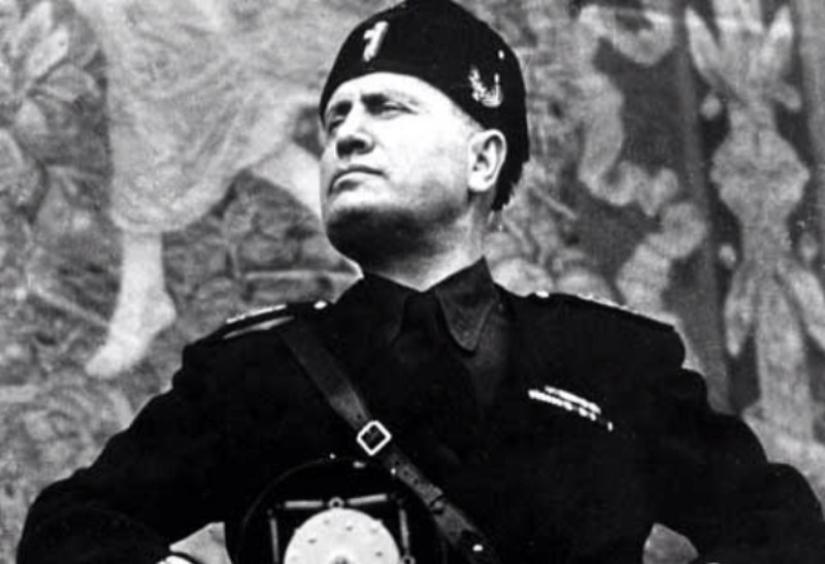
16. Benito Mussolini
After demobilization, Mussolini founded the Fascist Party of Italy, supported by disillusioned war veterans, from whom "blackshirts" detachments were organized. He began to destroy democratic state institutions and by 1925 had become the "duce" or "leader" of Italy.
A survivor of several assassination attempts, Mussolini once said:
In 1936, Mussolini entered into an alliance with Nazi leader Adolf Hitler, and then issued a number of anti-Semitic decrees. In April 1945, already removed from power, Mussolini tried to escape, but was shot by anti-fascists and hanged upside down in Milan Square.
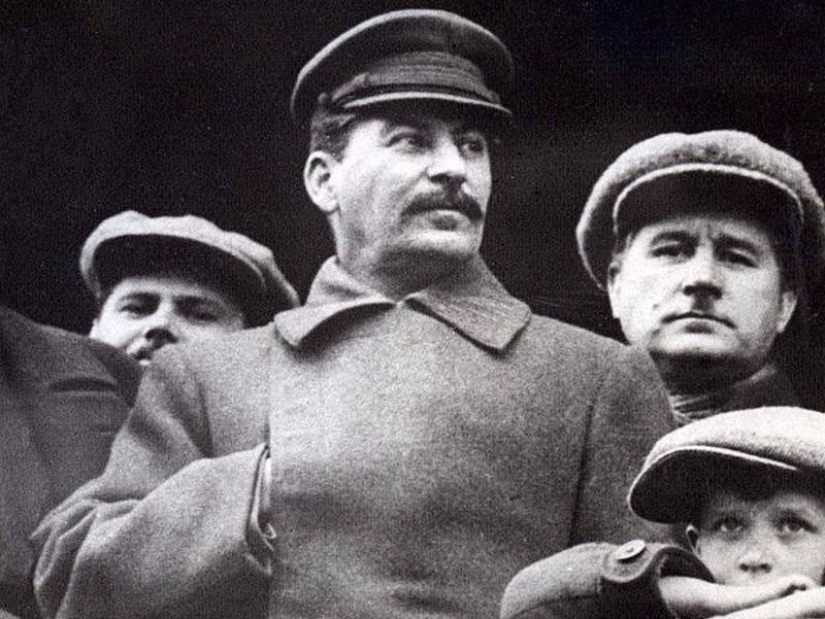
17. Joseph Stalin
Stalin's industrialization and collectivization in the 1930s was accompanied by mass famine (including the Holodomor on Ukraine), the imprisonment of millions of people in GULAG labor camps and the "Great Purge" among the intelligentsia, the government and the military.
During World War II, Stalin's son Yakov was captured or surrendered to the German army. The Germans offered to exchange Yakov for Field Marshal Paulus, captured after the Battle of Stalingrad, but Stalin refused, saying that he would never exchange a field marshal for an ordinary soldier.
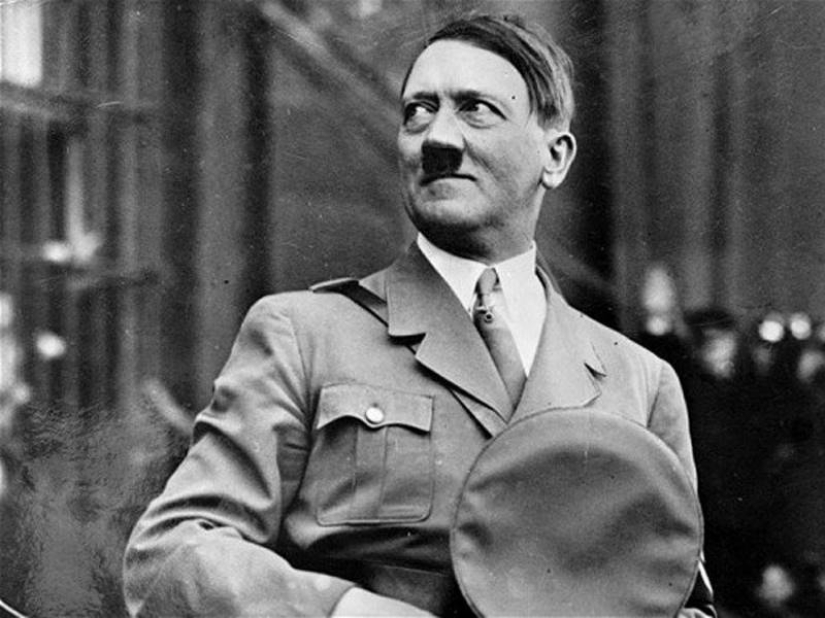
18. Adolf Hitler
By the end of 1941, Hitler's German Empire, or the Third Reich, included almost all the countries of Europe plus most of North Africa.
Hitler devised a plan to create an ideal race by eliminating Jews, Slavs, Gypsies, homosexuals and political opponents, imprisoning them in concentration camps where they were tortured, worked to death and exterminated.
According to some reports, during the reign of Hitler, the Nazis deliberately killed about 11 million people. Upon learning that Soviet troops were approaching Berlin, Hitler and his wife committed suicide in their bunker.
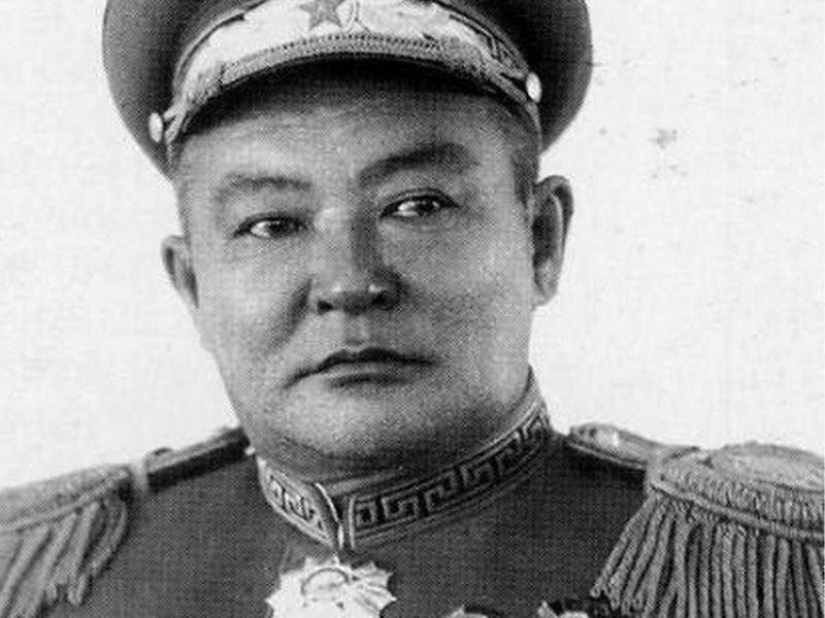
19. Horlogiin Choibalsan
After several meetings with Stalin, Choibalsan adopted the policies and methods of the Soviet leader and applied them to Mongolia. He created a dictatorial system and suppressed the opposition, killing tens of thousands of people in the process.
Later, in the 1930s, he "began to arrest and kill leading workers of the party, the government and various public organizations in addition to officers, intellectuals and other loyal workers," said a report published in 1968.
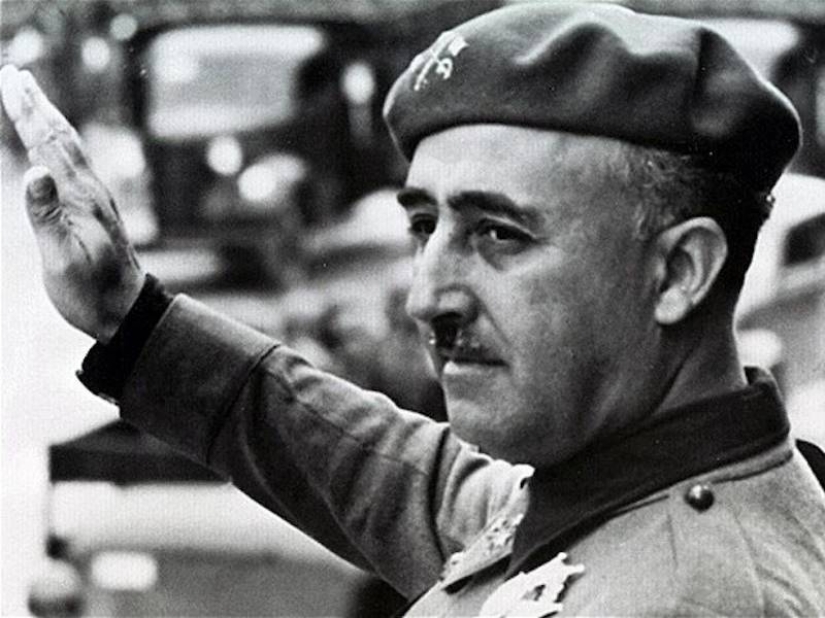
20. Francisco Franco
With the help of Nazi Germany and fascist Italy in the 1930s, General Franco overthrew the democratically elected government of the Second Spanish Republic.
During his regime, many Republican figures left the country, and the rest were tried by military tribunals. The official (permissible) religion was Catholicism, Catalan and Basque languages were banned outside the house, the regime had a huge secret police network.
However, over time, police control and censorship in the country weakened, free market reforms were carried out, and Morocco gained independence.
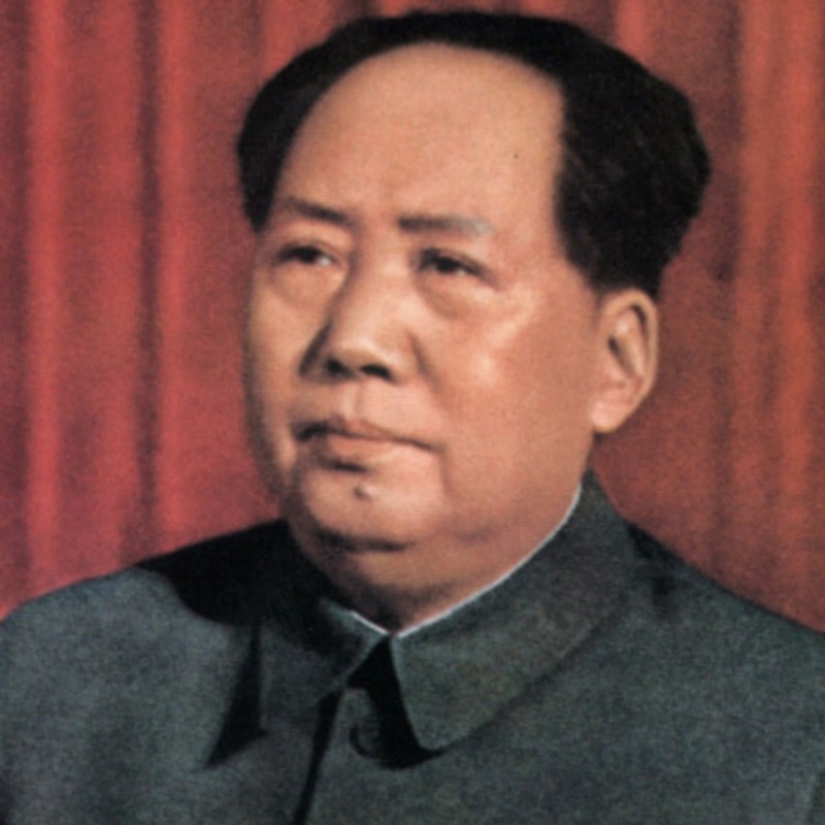
21. Mao Zedong
The leader of the Communist Party of China, Mao, founded the People's Republic. Under his leadership, industry was brought under state control, and farmers were organized into collective farms. Any opposition was ruthlessly suppressed.
Mao's supporters point out that he modernized and unified China and turned it into a global superpower. Nevertheless, opponents point out that his policy has led to the deaths of 40 million people from starvation, forced labor and executions.
Interestingly, he is sometimes compared to Qin Shi Huang (the first person on this list).
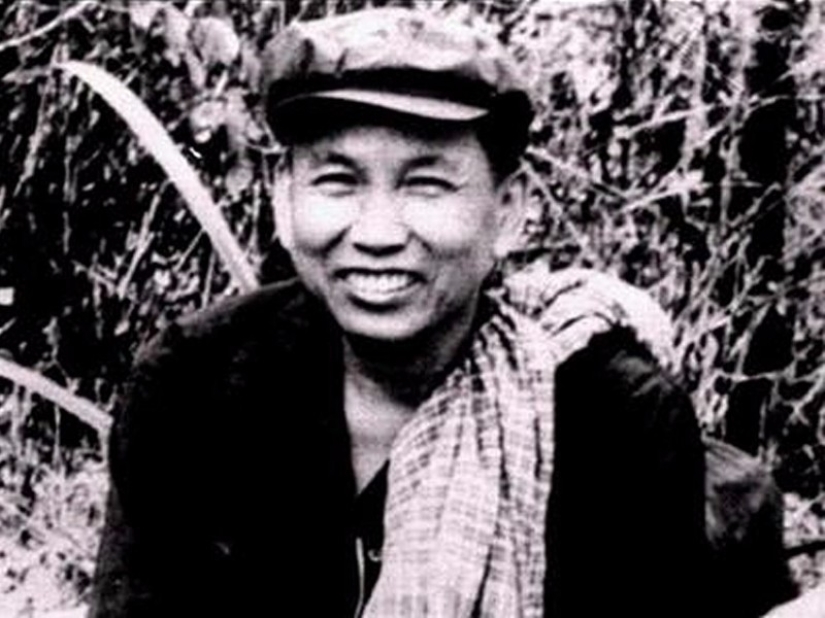
22. Pol Pot
Pol Pot and his communist Khmer Rouge movement in Cambodia used incredibly cruel social engineering methods aimed at creating an agrarian utopia by moving people to the countryside. The rest were placed in "special centers" where they were tortured and killed.
Doctors, teachers and other specialists were forced to work in the fields to "re-educate" themselves.
In just four years, up to 2 million Cambodians have been executed or died from hard work and starvation.
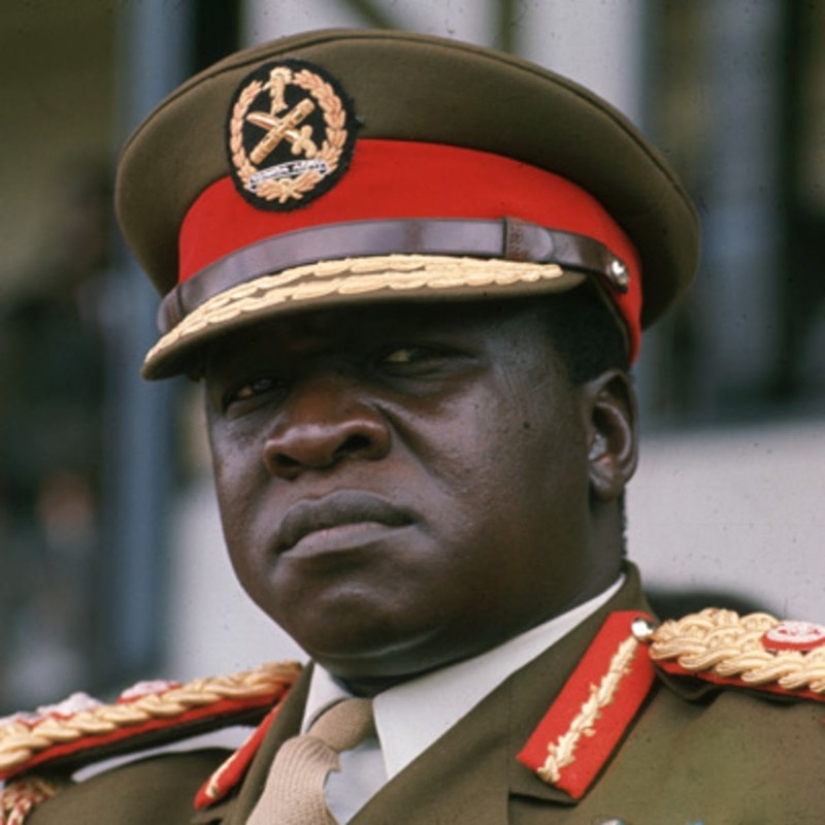
23. Idi Amin
General Amin overthrew the elected government in Uganda with a military coup and declared himself President. Then he ruthlessly ruled for eight years, during which about 300,000 civilians were killed.
He also expelled the Asian population of Uganda (mainly Indians and Pakistanis) and spent large sums on military spending, which led to an economic downturn in the country.
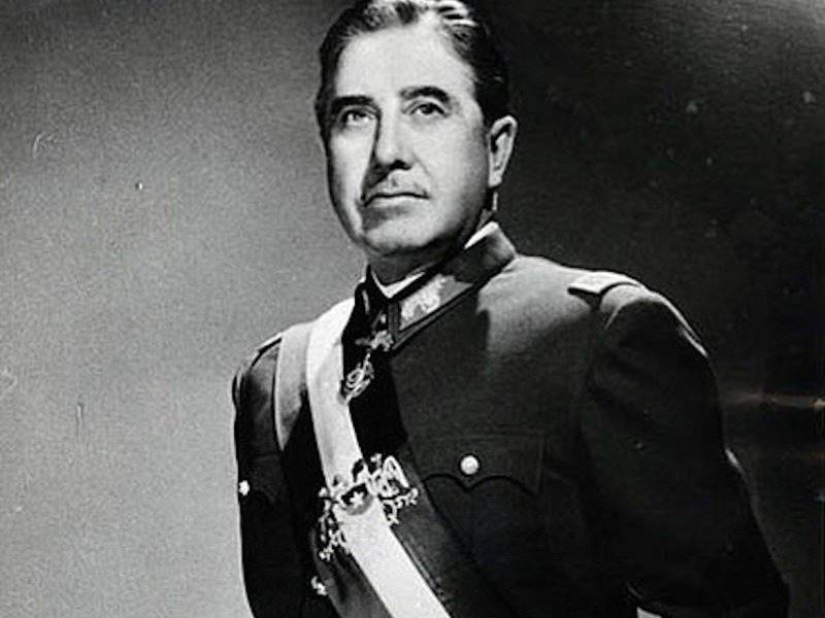
24. Augusto Pinochet
Pinochet overthrew the Allende government in 1973 with a U.S.-backed coup. During his reign, many residents of Chile disappeared, and about 35 thousand people were tortured. Pinochet died before he was due to stand trial on charges of human rights violations.
At the same time, he pursued a free-market economic policy that led to lower inflation and even an economic boom in the late 70s. It is noteworthy that Chile had one of the most efficient economies in Latin America from the mid-80s to the late 90s.
Recent articles

It's high time to admit that this whole hipster idea has gone too far. The concept has become so popular that even restaurants have ...

There is a perception that people only use 10% of their brain potential. But the heroes of our review, apparently, found a way to ...
Related articles

The life of people on other planets no longer seems like a perfect fantasy, as a few decades ago. Space exploration is being ...

Most of the historical events are familiar to us from textbook photographs that are firmly etched into our memory. But it is often ...

Let's see what the most odious personalities of the world looked like in childhood, starting from Hitler, ending with Chikatilo. I ...

New Year's is a time to surprise and delight loved ones not only with gifts but also with a unique presentation of the holiday ...